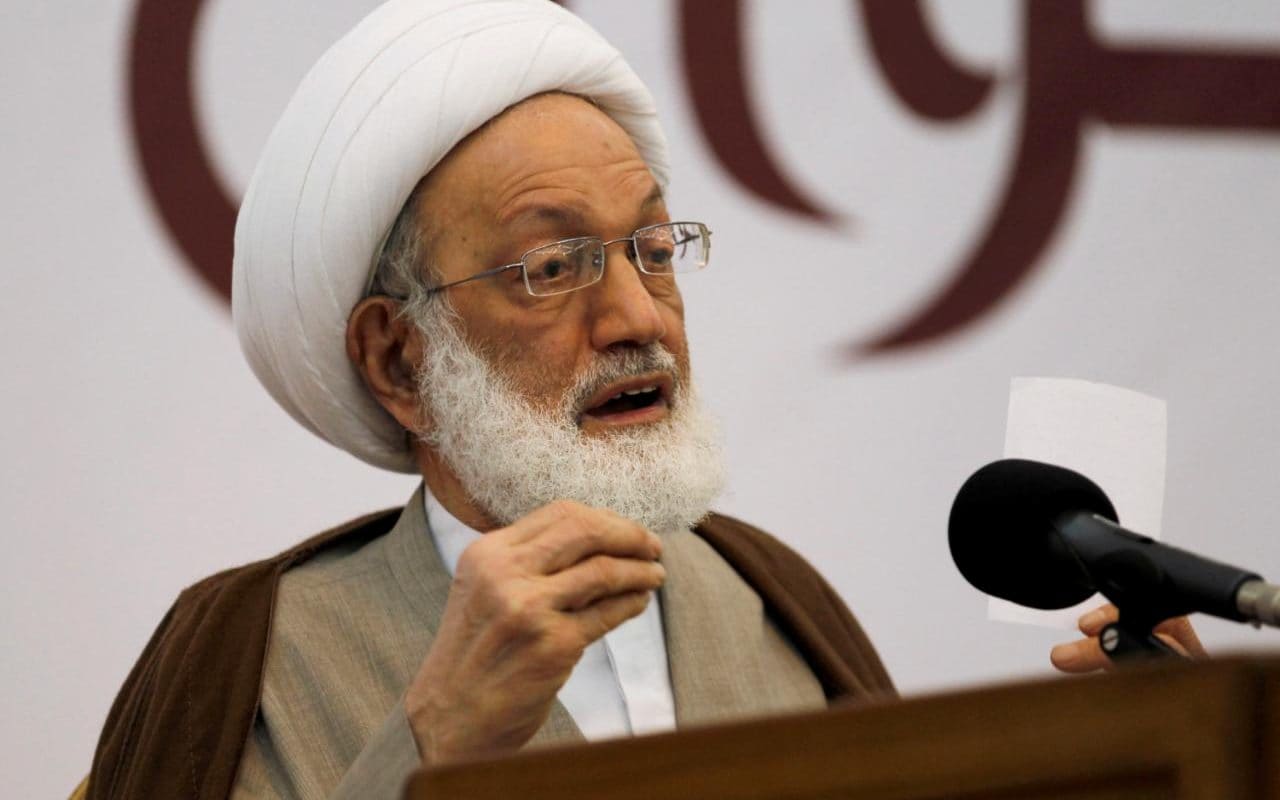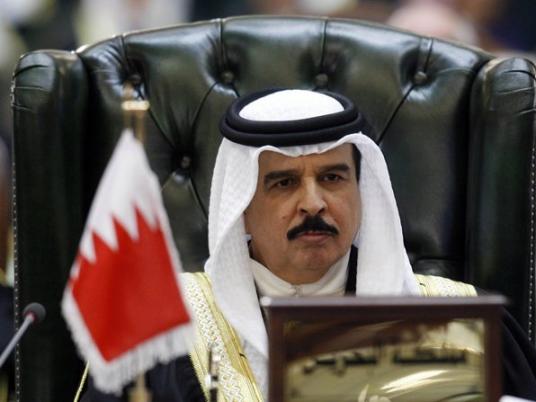
The health of Bahrain’s top Shi‘ite Muslim cleric has deteriorated, activists said on Monday, after months under virtual house arrest following a government decision to revoke his citizenship.
Bahraini officials did not respond to a request for a comment on the reports about Ayatollah Isa Qassim’s state of health.
News about his condition has stoked tension in Bahrain as the Sunni Muslim-led monarchy pursues a crackdown on dissent by majority Shi‘ites that has included closing down two main political groupings and banning activists from travel or putting them on trial.
Activists said Qassim, who is believed to be in his 70s, was suffering constant pain and excreting blood.
Doctors who visited him on Sunday at his home in the village of Duraz, outside the capital Manama, have diagnosed him to be suffering from a “groin hernia requiring emergency operation”, according to the London-based Bahrain Institute for Rights and Democracy (BIRD).
“Such an operation carries a high mortality risk at Sheikh Isa Qassim’s age. He also suffers high blood pressure, diabetes and a form of heart disease,” BIRD added in a statement.
Sheikh Maytham al-Salman, a prominent Bahraini interfaith activist, said the Manama government was responsible for Qassim’s health as it controlled access to medical treatment.
“The international community must ensure Bahrain is pressured to ensure the safety of Sheikh Isa Qassim is protected,” he added in comments published by BIRD.
The Interior Ministry announced in June 2016 that Qassim’s citizenship had been revoked, accusing him of trying to divide Bahraini society, encourage youths to violate the constitution and promote a sectarian environment in the Gulf Arab state.
The decision sparked angry protests in Bahrain and drew sharp condemnation from regional Shi‘ite power Iran and statements of concern from the United States and Britain.
In May, five people were killed when security forces raided Qassim’s homevillage to disperse followers who had camped out outside his house, and arrested 286 people, according to the interior ministry.
Bahrain, where the US Fifth Fleet that helps secure the Gulf’s oil-shipping lanes is based, crushed Arab Spring protests in 2011 led by Shi‘ites demanding a bigger share in running the country. But unrest has lingered on with occasional outbursts that are put down by force by the authorities.




